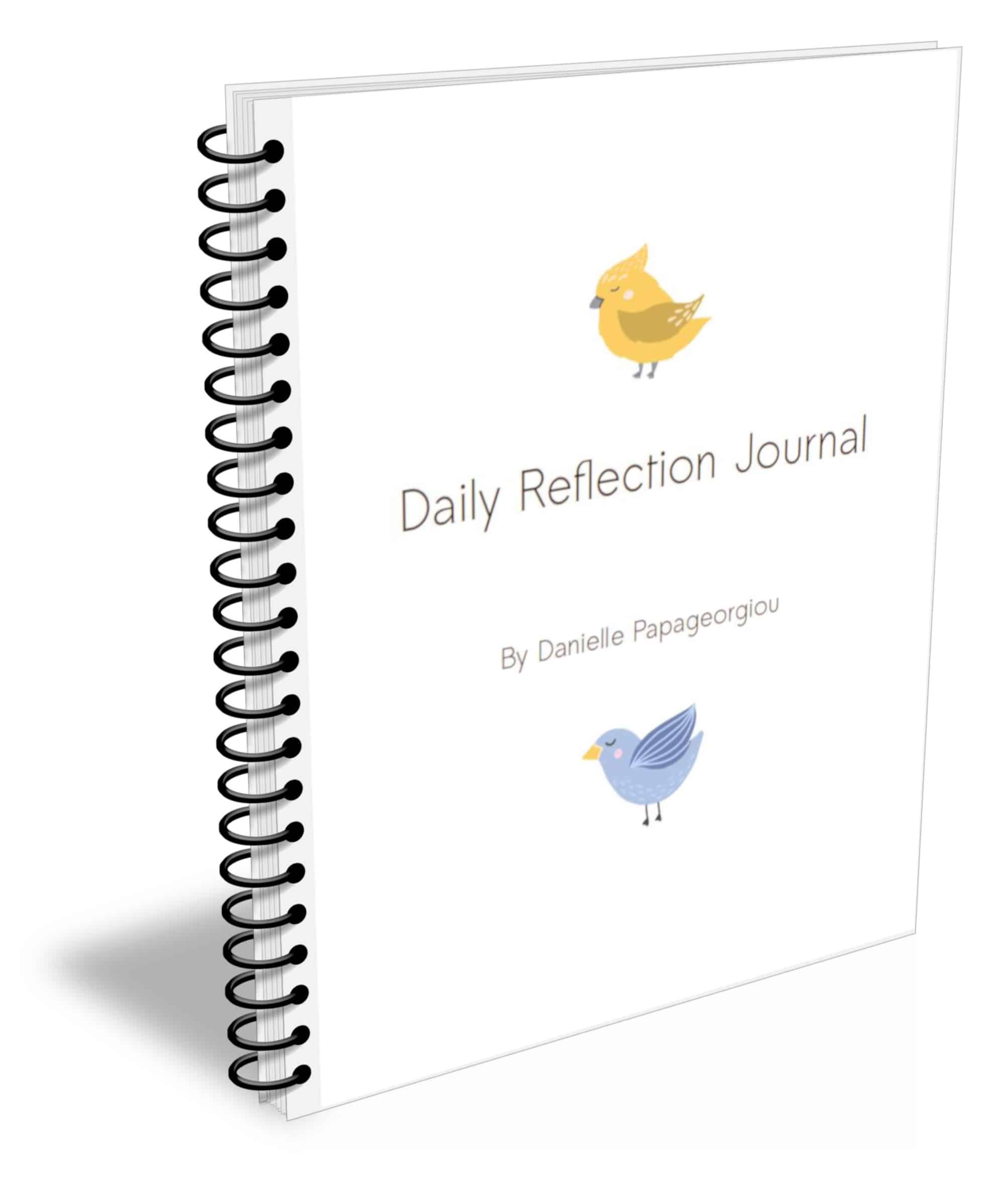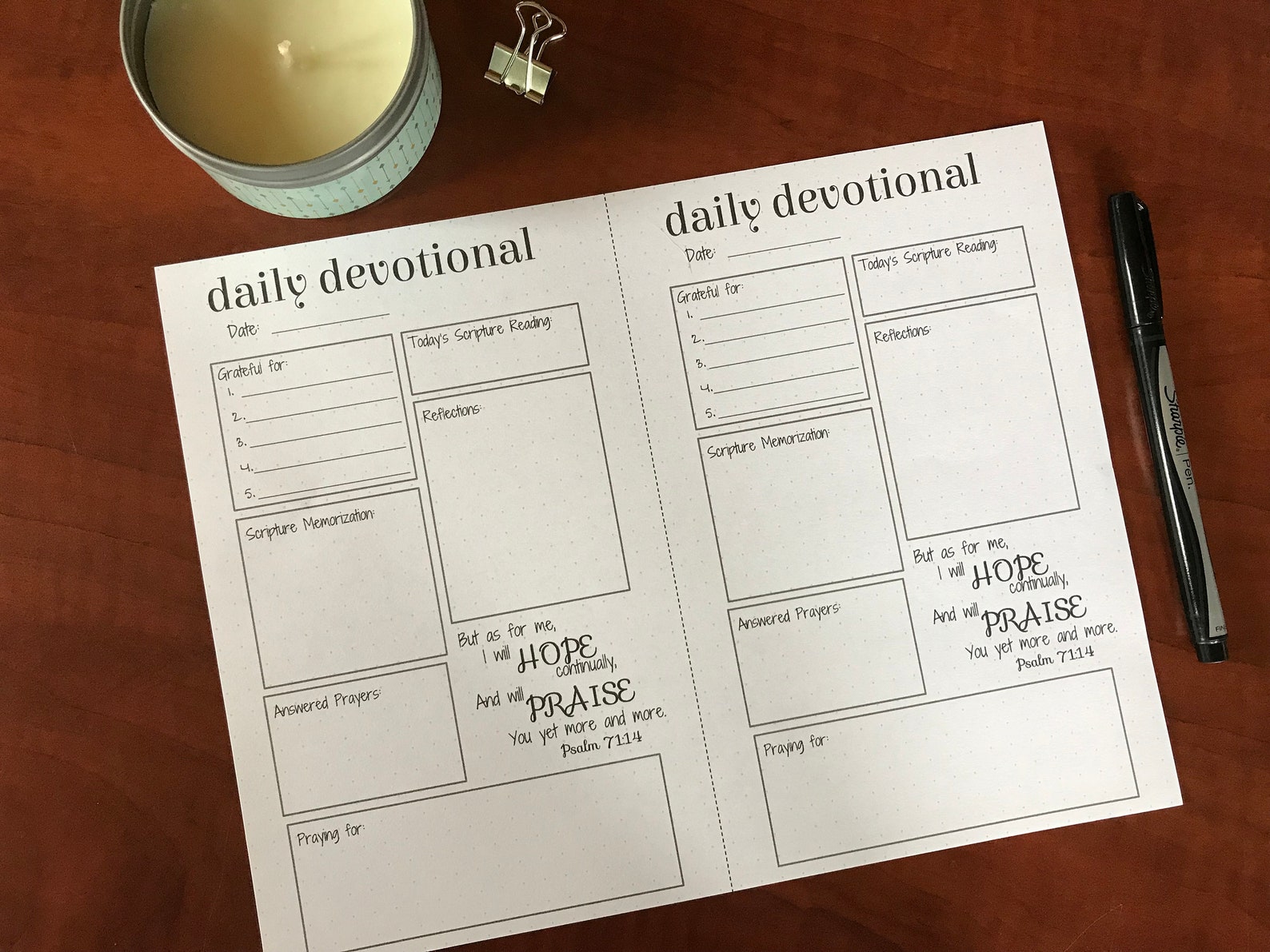

The researchers told participants not to worry about spelling, grammar or sentence structure. You may write about the same general issues or experiences on all days of writing or about different topics each day. You might tie your topic to your relationships with others, including parents, lovers, friends or relatives to your past, your present or your future or to who you have been, who you would like to be or who you are now. In your writing, I’d like you to really let go and explore your deepest emotions and thoughts. In the paper, the study’s authors explain that “the whole point is to bring up issues that are emotionally charged.” Here’s one writing prompt from that study:įor the next 4 days, I would like you to write your very deepest thoughts and feelings about the most traumatic experience of your entire life or an extremely important emotional issue that has affected you and your life.
#The journaly daily full#
And yet in order to reap the full benefits of journaling, you’ll have to dig deeper than that. Consider a 2005 study, for example, that found that expressive writing - that is, exploring your thoughts and feelings while telling a story - led to emotional and physical health benefits. In order to figure this out, you’ll have to answer why you want to keep a journal in a first place. If you’re keeping a journal for a practical purpose - to remember events about your day or at work (work journals can be useful when it comes time to negotiate a raise) - then the answer is simple: Write down the events of your day. What do you write about? Is your journal supposed to be a simple recap of your day or an essay about your emotions? These seem like painfully obvious questions, but the answers can vary and figuring out what works for you will make your journaling more effective.
#The journaly daily how to#
The benefits of journaling are well documented, but one might be curious about how to journal in the first place. “Believe it or not, when study subjects wrote about their problems, it reduced stress, and that helped their bodies recover more quickly from injury,” Eric Barker, author of the new popular psychology book Barking Up the Wrong Tree, told me, citing a study published in the British Journal of Health Psychology. In one recent study, for example, people who wrote about a breakup were better able to cope with the heartache in another, those who wrote down their worries were rewarded with reduced anxiety. Beyond that, there’s also wealth of evidence to suggest that writing regularly can improve your mental, and even physical, health.

It would be nice to relive those moments at some point in the future.

Hope all is well with you!Īnd yet I’d like to be the kind of person who keeps a record of her life. Yep, we say to each other in passing, everything’s good. Today, my journal and I are something like estranged acquaintances, who check in every now and then just to keep in touch, without really understanding why. In the very next, I’ve experienced puberty and have a crush on Justin, the kid who sits behind me in biology. All my childhood diaries include major gaps: In one entry, I’m 8, visiting my aunt. The writer's letters and diaries are being published next year.Photo: ©SuperStock/Getty Images/SuperStock RM I'll make a note of our next meeting in my diary.Ģ a book in which you can write down the experiences you have each day, your private thoughts, etcĭo you keep a diary (= write one regularly) ? He kept a journal of his travels across Asia.ġ a book with spaces for each day of the year in which you can write down things you have to do in the future Oxford Advanced Learner’s Dictionary, 8th editionġ a newspaper or magazine that deals with a particular subject or professionģ a written record of the things you do, see, etc. Diary writing is a daily activity but one can write in a journal whenever there is a desire to write about significant experiences. For a journal, one does not just record one's experiences but also thoughts, feelings and reflections.

It contains feelings, emotions, problems, and self-assurances and can be used to evaluate one’s life. A diary is mainly used to write things you would like to remember - daily activities, how the day was spent, what was done, the daily routine and anything that needs to get done.Ī personal journal is a record of significant experiences.


 0 kommentar(er)
0 kommentar(er)
